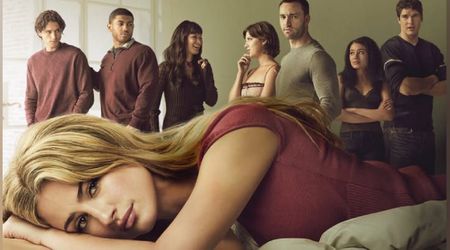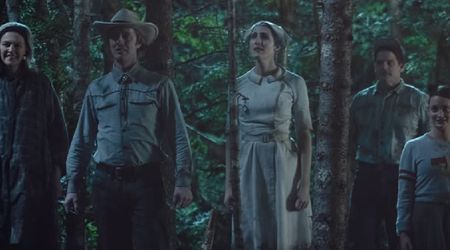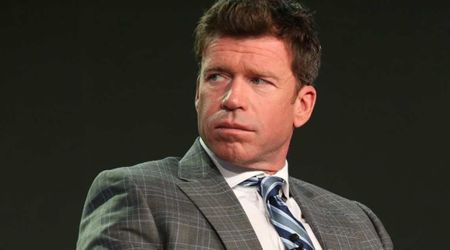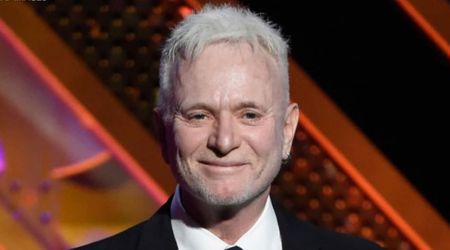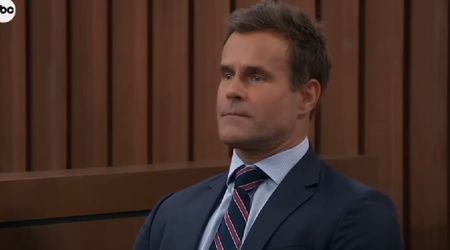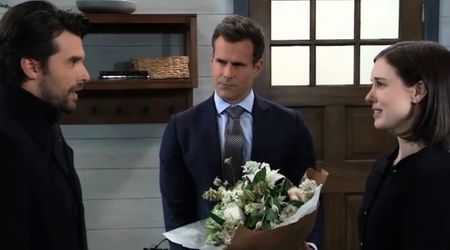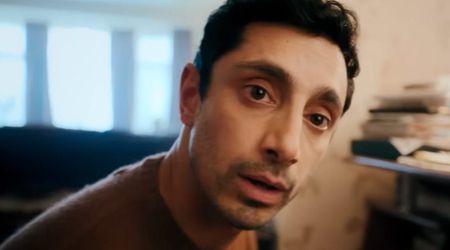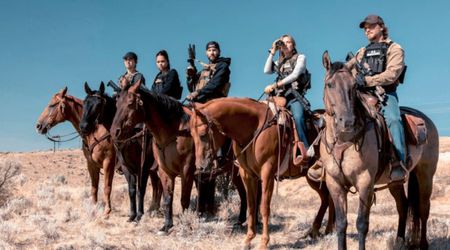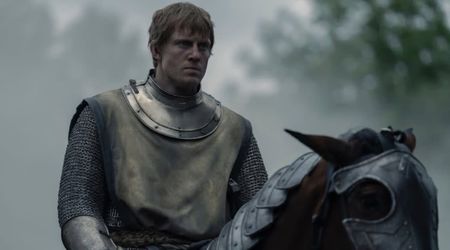'Dancing With the Stars' (DWTS) Season 28: Former NFL star Ray Lewis's prior murder charges casts a shadow on the show

Late in August, it was announced that former Baltimore Ravens linebacker Ray Lewis would feature in the upcoming 28th season of ABC's 'Dancing With the Stars' that is set to premiere on the network on September 16.
Lewis' credentials in the NFL are arguably unparalleled. Having been drafted by the Ravens in the first round of the 1996 NFL draft, he went on to represent them in three different decades and is considered as one of the greatest ever to call the middle linebacker position their own.
You could also make a case for his inclusion in 'Dancing with the Stars' considering his pregame 'Squirrel Dance' is as iconic today as it was at the turn of the century when he was at his peak.
There's also the small matter of how four former NFL players — Emmitt Smith, Hines Ward, Rashad Jennings, and Donald Driver — were crowned champions in the reality show, and another former Raven, Jacoby Jones, finished a respectable third in 2013.
And yet, many fans aren't exactly thrilled with Lewis' casting. Why? Because none of the other NFL stars who made a name for themselves on the show has a dark cloud of a murder charge hanging over their heads.

While Lewis was eventually acquitted of the charge, many still maintain reservations about the 44-year-old's guilt because of the apparent mountains of evidence against him that went ignored, as well as how the eventual trial unfolded.
It was a charge that stemmed from a fight that broke out between Lewis and his two companions, Reginald Oakley and Joseph Sweeting, and another group of people following a Super Bowl XXXIV party in Atlanta on January 31, 2000, that resulted in the stabbing deaths of Jacinth Baker and Richard Lollar.
Both had been stabbed several times in the heart and upper body, and 11 days after their deaths, Lewis, Oakley, and Sweeting were all indicted on murder and aggravated assault charges.
Lewis was suspected to the one who had delivered the fatal blows, with traces of Baker's blood found inside Lewis' limousine. The white suit he was wearing the night of the killings was also never found by investigators. Fulton County District Attorney Paul Howard had alleged at the time that the NFL star had dumped his bloodstained suit in a garbage bin outside a fast-food restaurant close to the scene of the crime.
However, two weeks into the trio's trial, Lewis' attorneys negotiated a plea agreement with the DA where the murder charges against Lewis would be dropped in exchange for his testimony against Oakley and Sweeting and a guilty plea to a misdemeanor charge of obstruction of justice.
Lewis subsequently testified about a knife that was found at the crime scene that did not have any fingerprints or DNA, and claimed he had seen Oakley and Sweeting buying knives the previous day from a Sports Authority retailer where he had been signing autographs.

He also admitted to giving a misleading statement to police on the morning after the killings. He had lied to them that he was not at the scene and was sentenced to just 12 months probation. He was also fined $250,000 by the NFL, which is believed to be the highest fine levied against an NFL player for an infraction not involving substance abuse.
However, despite his testimony, both Oakley and Sweeting were acquitted of their charges as well. No other suspects were arrested or even identified in connection to the killings to this day.
The case would follow him for the rest of his career. Four years after his acquittal, in May 2004, Lewis reached an out-of-court financial settlement with the daughter of Lollar, who was born just after her father's death, where he agreed to pay at least $1 million to preempt a potential civil trial. Later, he also reached an undisclosed settlement with Baker's family.
It's a topic that he's consistently shirked and often avoided altogether in interviews as well, as is evidenced by his talk with former teammate Shannon Sharpe during the pregame coverage for Super Bowl XLVII.

"A couple of weeks ago, the family of the incident in 2000 — and I’m paraphrasing — but it goes something like this: 'While Ray Lewis is being celebrated by millions, two men tragically and brutally died in Atlanta. Ray Lewis knows more than Ray Lewis ever shared'," Sharpe said. "What would you like to say to the families?"
"It’s simple, you know. God has never made a mistake," Lewis answered. "That's just who He is, you see? And if our system — this is the sad thing about our system — if our system took the time to really investigate what happened 13 years ago, maybe they would have got to the bottom-line truth."
"To the family, if you knew — if you really knew — the way God works, He don’t use people who commits anything like that for His glory. No way. It's the total opposite."
When Sharpe pointed out that Lewis had paid off the victims' families, the linebacker claimed there was nothing untoward there because he gave money to lots of people. "The one thing that I said that, because my name was used the wrong way, money is the last thing I’m worrying about," he said.
"But if money will help those kids out — and not just those kids — any kid that I can help, any family that I can support, I support. So don't just take that family and say, 'I gave money to that family'. Because I’ve gave money to thousands of families, time and time again, just to find a different way to help someone through a rough time."

